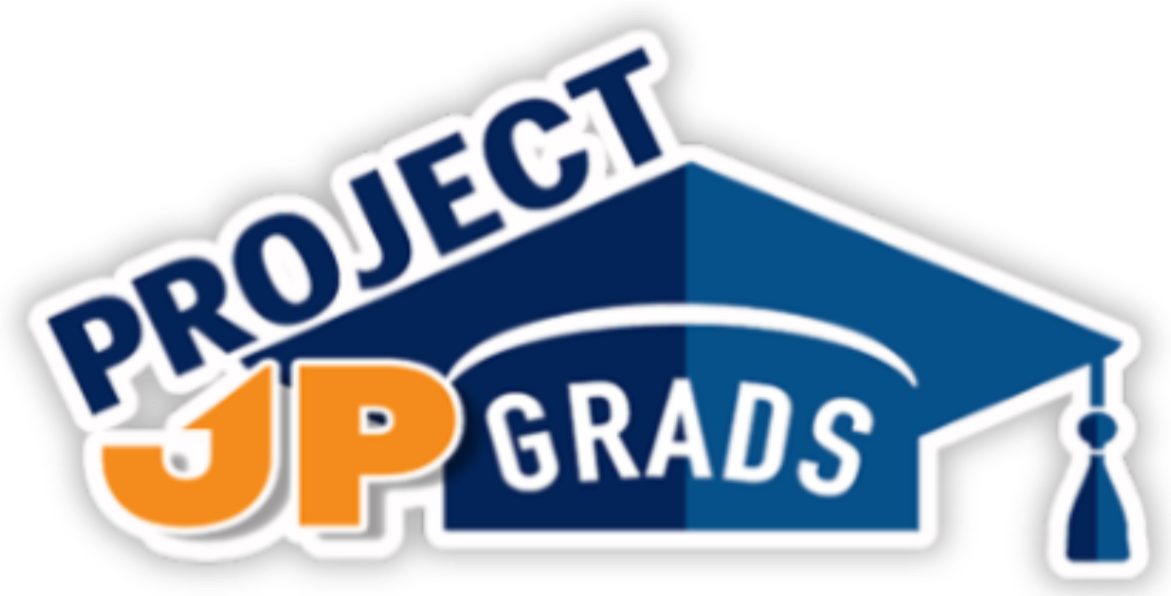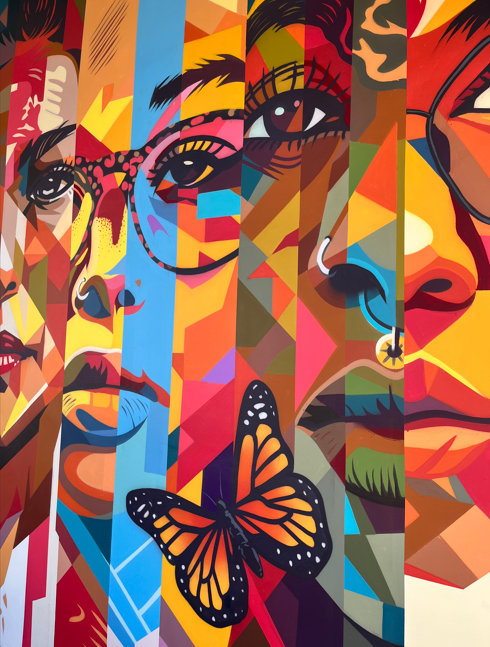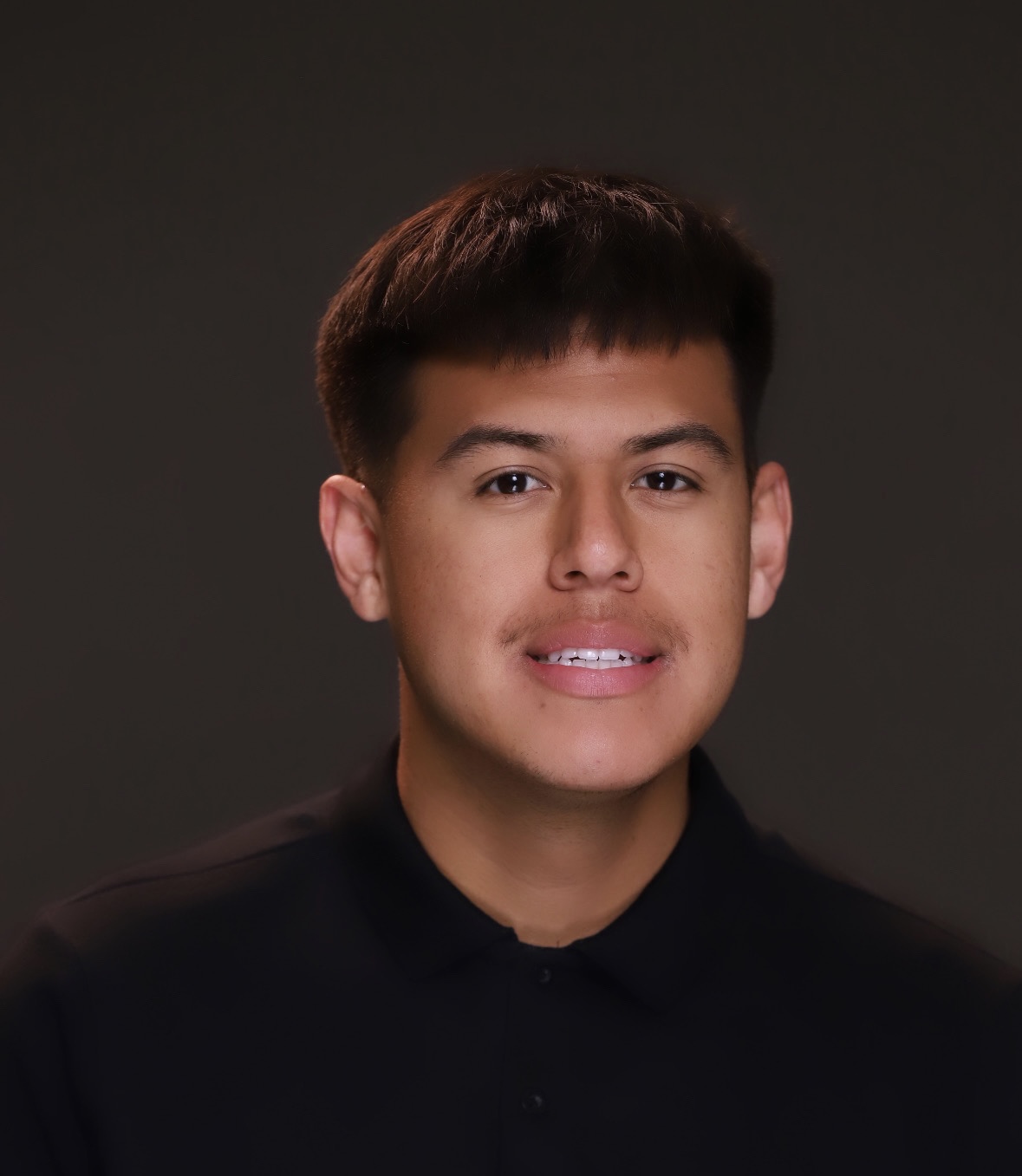14 January 2025


NEWSLETTER
Promoting Latinx Graduate Student Success
The ELEVAR Social Justice Certificate: Driving Collective Success

A graduate curriculum in actionable social justice can provide underserved graduate students with a high-quality, work-based, learning opportunity.
By Alexandro Gradilla
“I want to help my family and my community.” Faculty who work with people of color, first-generation, and other “non-traditional” student populations often hear this kind of statement from their students. Many Latinx, Black, Asian American/Pacific Islander, and Native American/Indigenous graduate students come to CSU Fullerton to advance their personal careers, but also to “pay it forward,” and “give back” to their communities. They come with a sense of duty and obligation that extends beyond their personal success.
Yet, universities and faculty frequently struggle to accommodate the “collective success” goals of students of color. In contrast to the individualized model of traditional “student success”, collective success focuses on a student’s desire to have their education and future career advance the greater good and well-being - not just their personal career advancement.
“Without new visions we don’t know what to build, only what to knock down. We not only end up confused, rudderless, and cynical, but we forget that making a revolution is not a series of clever maneuvers and tactics but a process that can and must transform us.”-Robin D.G. Kelley, Freedom Dreams.
So, what can a minority-serving institution do to accommodate collective success? According to Hispanic-Serving Institutions (HSI) expert Gina A. Garcia, we must integrate the way we serve our rich, diverse student populations into the fabric of our institution. Garcia (2020) refers to this as servingness, “a culturally enhancing approach that centers Latinx ways of knowing and being, with the goal of providing transformative experiences that lead to both academic (e.g., graduation, post-baccalaureate degree enrollment, job placement) and nonacademic (e.g., community engagement, critical consciousness, racial identity development) outcomes.”[1]
To integrate CSU Fullerton’s commitment as an HSI to student success and career preparation for our graduate students, the ELEVAR team plans to create an innovative certificate in Social Justice. This new certificate will enable CSUF to meet the complete needs of our students who want to gain new knowledge, obtain professional preparation for their career goals, and develop the means to give back and help their communities.
This new certificate program will yield several benefits for both CSUF and our students.
-
Though CSU Fullerton has been a Hispanic-serving institution for over 20 years, many aspects of our academic programs and curriculum remain unchanged by this demographic change in student and statewide populations. The new Social Justice certificate will support and go hand-in-hand with existing programs supported by previous Title IX PPOHA grants.
-
The relevance and importance of the Social Justice certificate are critical at this historic moment. More and more students ask, “Why go to graduate school?” And “What difference does it make?” CSUF has the opportunity to address these lingering questions for potential and current graduate students in concrete and meaningful ways. Many campuses across the state and nation operate from a “color blind” and generalized curriculum. These ingrained perspectives leave students of color and other non-traditional student populations wanting more out of their educational experiences. The certificate will address the student’s “why” for going to graduate school and, more importantly, “how” to give back and pay it forward. Integrating visions of “collective success” in the students’ purpose for being in graduate school will show students ways to do socially just work in their careers and to serve the most underserved populations.
Only 48% of Latinx (59% of white) grad students believe their degree shows them how their future career can help them give back to their community. [2]
-
The Social Justice Certificate would deliver particular benefits to one of its largest colleges, the Humanities and Social Sciences. This college serves the needs of many professions, including but not limited to education, legal, mental health, public sector, and creative fields. The certificate will connect perfectly to the best practices of student equity and community engagement. All students will be able to benefit from this new certificate. HSS has many faculty members who are experts in communities of color. Students will be able to enhance their graduate experience by intentionally focusing on issues facing the state’s and nation’s fastest-growing populations. The certificate will weave in students’ cultural and intellectual assets to help their community and transfer and translate those skills to help and assist other populations.
Imagine with me for a moment psychology, history, English, or Political Science graduate students learning about social justice and how their future career goals will serve the greater good. At a time when understanding systemic racism’s impact on historically marginalized populations is both crucial and under assault, this certificate will provide crucial applicable knowledge to future civically engaged professionals.
-
CSUF graduate students will have an advantage in the job market and doctoral admissions with documentable training in social justice. Students will also benefit from a certificate that documents an additive interdisciplinary experience.
-
Our graduates will bring many skills and talents as expert problem solvers and innovators in their professions. A key tenet of social justice is imagining worlds and realities that are not in existence now. Octavia Butler reminds us, “You got to make your own worlds. You got to write yourself in. Whether you were a part of the greater society or not, you got to write yourself in. So I got to write myself in.”
This new certificate may well provide students with the visionary leadership to imagine and create new policies, programs, methodologies, pedagogies, and theories. Visionary skills not for the sake of tearing down but to create socially just and authentically inclusive spaces and places for all people.
What are your thoughts?
We welcome your feedback on the social justice certificate and invite your contributions:
Click here to leave your comment.
[1] Hispanic Serving Institutions (HSIs) in Practice by Gina Ann Garcia (Editor).
[2] Survey of over 800 graduate students in spring 2024.

Hugo Montes, Kinesiology M.S.
ELEVANDO VOCES: In the Words of Graduate Assistants
-
What is the toughest challenge about grad student life?
- The toughest challenge about grad student life is how much time and commitment goes into being a grad student. Although the same can be said when being an undergrad, there is a significant difference in that aspect, which is far more demanding in grad school. Apart from the time that needs to be put into grad schoolwork, there are other responsibilities one must juggle in one's life, such as personal, work, and any other extracurricular activities. As a result, time management can be one of the toughest challenges when being a grad student. -
What are your biggest hopes for life after graduate school?
- My biggest hope for life after graduate school is finding my passion. Although I do have an idea of what I would like that passion to look like, I understand that it may look completely different as there are many opportunities to explore. I hope that what I do in life will make me wake up every day and be excited to take part in it. I want to look back and say I made a difference in some way, shape, or form in my field. -
What is the one thing you wish your professors would know about you?
- One thing I wish my professors knew about me is that it can be intimidating to ask for help. As a result, I hope more professors can meet us students halfway and go out of their way to make this less intimidating.
- Another thing I wish my professors knew about me is that I am a visual learner. It would be helpful if they could present things visually when the topic is relevant. -
When you are not a graduate student, you are…
- When I am not a graduate student, I am a soccer referee. I am usually refereeing games on the weekend for club soccer.
Please join us in thanking Hugo Montes for his two years of dedicated service in the Project upGRADS and ELEVAR grants. Hugo will be moving on to work for Cal State Fullerton’s GEARUP initiative to help promote a college-going culture on junior high and high school campuses ¡Buena suerte, Hugo!
The ELEVAR Team


